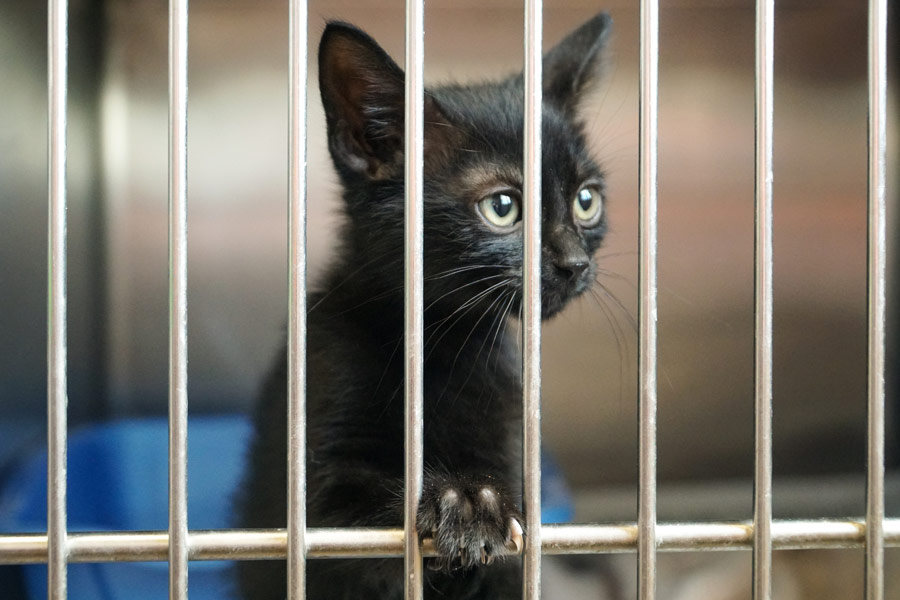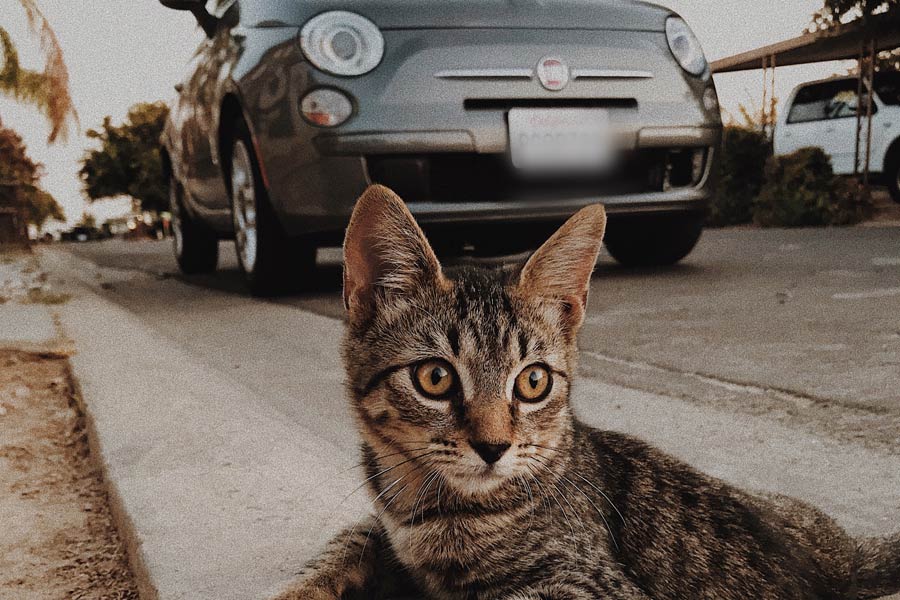April 11 is National Pet Day — a day dedicated to the companion animals that don’t always get the love and attention they deserve.
For pet professionals, National Pet Day is a wonderful opportunity to chat to your clients about ways in which they can take optimal care of their furry friends.
You can make use of this day to promote the importance of pet adoption. Also, you can highlight the many ways in which pet owners can improve the health of their pet. In reality, any action you take to educate the general public on animal health and welfare is worthwhile. National Pet Day just makes a pretty awesome reason for doing so!
Here are a few ways to make the most of National Pet Day 2020.
Be an advocate for pet adoption
While pet adoption has gained popularity over the last few years, many people still have misconceptions about animal adoption.
National Pet Day is the perfect excuse to help break down some of the barriers stopping people from adopting a pet. Why not help wannabe pet owners sort fact from fiction by busting some of the common myths?
Here are a few pet adoption fables and facts. Perhaps you can throw them into conversations you might have with potential pet owners. Maybe you can communicate them via an email or even print them off and post them on the walls of your veterinary clinic or pet shelter.
How ever you decide to get involved, any steps pet professionals can take to promote the positive aspects of pet adoption and break down the misconceptions can help save an animal’s life.

4 pet adoption tales and truths
Too many animal lovers don’t even consider visiting their local animal shelter when looking for a pet. By debunking common myths, you might help potential pet owners to think differently about pet adoption.
Myth 1 — Rescue animals have ill health
Truth — Shelter animals are thoroughly examined by a vet, so they actually receive excellent medical attention. In fact, they’re usually vaccinated, microchipped and treated for fleas and ticks.
Myth 2 — You can only adopt an old pet
Truth — It is a set of circumstances, not age, that causes a pet to land up in a shelter. Most shelters have a range of dogs and cats, puppies and kittens. If someone is specifically looking for a kitten or puppy, they can advise the shelter of this and ask them to contact them when a suitable pet arrives.
Myth 3 — The animals behave badly
Truth — Rescue pets receive extensive training and behavioural assessment before being rehomed, allowing potential pet parents to make an informed decision.
Myth 4 — Shelter pets aren’t well socialised
Truth — In fact, shelters and pet adoption centres put a huge amount of effort into ensuring their animals are socialised. This makes them a lot easier to re-home
Be a warrior for pet health
As a pet professional, you’re no doubt well versed in animal health and welfare. However, this National Pet Day why not remind pet owners of a few simple ways to keep their pet happy and healthy.
People and busy, pets get forgotten (but hopefully not neglected), but here are a few hints to help ensure our furry friends are well taken care of.
5 ways to keep pets healthy
- Discuss the importance of maintaining a pet-friendly home (more on this further down the page).
- Encourage owners to set reminders when pet vaccinations are due to ensure they’re not missed. Also, don’t forget to advise on the importance of an annual health check.
- Urge owners to keep ID tags up to date and to check that collars are secure and not getting too old.
- Remind pet parents that dental health is just as essential for our fur friends as it is for us humans. Suggest they check their pet’s teeth regularly and perhaps even consider giving their teeth a brush!
- Regularly grooming pets (as long as this doesn’t cause them any anxiety) is a great way to do a health check. It gives owners a chance to check for fleas, insect bites or any signs of skin irritation. Plus it’s a great way for pet owners to bond with their fur babies.

Promote pet safety
Many pet parents forget that the home can be a minefield for our furry pals. In fact, the average home can be filled with a plethora of items that could potentially harm a pet.
Use National Pet Day as an opportunity to discuss these factors and give pet owners the scoop on how they can set about pet proofing their home. Be sure to remind pet owners that pet proofing isn’t just for puppies and kittens — older cats and dogs can easily come into contact with household dangers too!
13 household safety hints for pet owners
Here are 13 points you can remind pet owners of to help ensure their home is a safe haven for their pets.
1. Clue up on which indoor and outdoor plants and flowers are toxic to pets.
2. Ensure wires and electrical cords are secured or covered to prevent pets from biting or chewing them.
3. Make sure kitchen bins and garbage bins have a secure lid. If a pet manages to get into the bin, it’s quite likely he or she will find a toxic food item (leftover dinner scraps are the perfect culprit), which could make them very ill.
4. Be aware of common pet poisons or potentially dangerous objects that may be found lying around in the shed or garage. For example, rodent baits, fertilisers, pesticides, sharp tools, batteries and antifreeze.
5. Keep medicines and detergents out of reach of pets, ideally in a secured cupboard or container.

6. Cat owners should consider rattling or tapping the hood of their car before getting in. If their cat happens to have sought shelter there (particularly in the cooler winter months) this will alert them and send them to safety.
7. Check that yards are properly fenced and no holes or gaps have appeared.
8. Keep pets tagged. An I.D. tag is useless if it’s not actually on the pet. Pet owners should make certain their pet is wearing their identification and that the information is up to date!
9. All pet owners should make absolutely certain their pet has access to clean water and shade at all times.
10. Pet owners who work, particularly those who do shift work or work long hours, might consider using video surveillance to keep a check on their pets while they’re not home.
11. Learn basic pet first aid. No one knows if or when his or her pet might sustain an injury. Knowing pet first aid is great peace of mind and will help ensure any injury is managed quickly, calmly and effectively.
12. Make sure you have a pet first aid kit that contains all the essential items required to deal with an accident or emergency.
13. Have a pet emergency plan. Preparing for the unexpected goes hand in hand with being a responsible pet owner. It will also make things much easier should a disaster or emergency occur.
In what proactive ways will you be promoting National Pet Day 2020?
Latest posts by Liz Walden (see all)
- Pet health: Medicinal cannabis for pets - December 27, 2021
- What pet business insurance do I need? - November 17, 2021
- Pet sitters: how to take time off - November 15, 2021










Leave A Comment